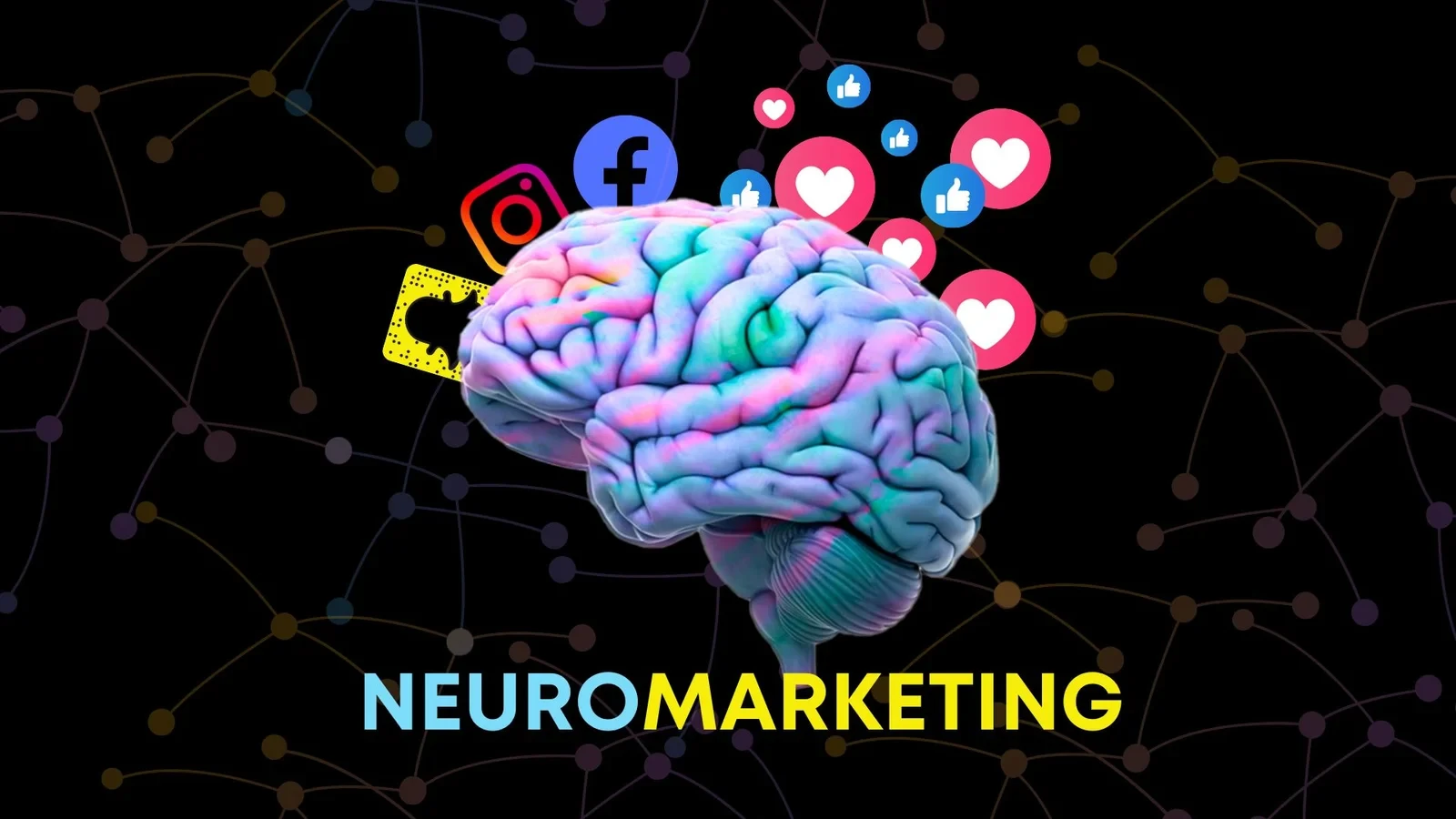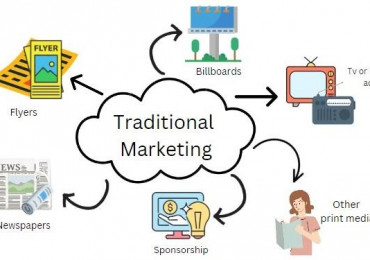
It is a field that combines neuroscience and marketing to understand how the brain responds to marketing stimuli such as advertising, branding, and product presentation. It aims to analyze consumers' unconscious neural responses to improve marketing strategies.
Features of Neuromarketing:
1. Focus on the unconscious: It is based on understanding the unconscious processes in the human brain that influence purchasing decisions.
2. Use of advanced technology: Such as eye tracking devices, functional magnetic resonance imaging (fMRI), and electroencephalography (EEG) to measure brain responses.
3. Emotion analysis: Focuses on how emotions influence consumer behavior.
Benefits of Neuromarketing:
1. Deeper understanding of consumers: It helps uncover unconscious motivations that influence purchasing behavior.
2. Improve marketing effectiveness: By tailoring advertisements and content to match actual audience responses.
3. Increase brand loyalty: By designing marketing experiences that leave a strong emotional impression on consumers.
Features of Neuromarketing:
1. Improve product and advertising design: By understanding how the brain interacts with visual and auditory elements.
2. Increased Return on Investment (ROI): By reducing the reliance on guesswork in designing marketing campaigns.
Cons of Neuromarketing:
1. High cost: Using advanced technology and neurological research requires large budgets.
2. Privacy and ethics: There are concerns about using neurological data and manipulating consumers’ emotional responses.
3. Complete uncertainty: Despite advances in the field, results are not always predictable with absolute accuracy.
Modern examples of neuromarketing:
1. Testing TV ads: Companies like Coca-Cola and Pepsi use neuromarketing to test audience responses to ads before launching them.
2. Designing the store experience: Stores like IKEA have used neuromarketing techniques to design store layouts that encourage increased purchases.
3. Launching new products: Companies like Google rely on neuromarketing to understand how consumers respond to new technological products.
4. Targeted digital advertising: Platforms like Facebook and Google use neuromarketing data to target ads more effectively based on user responses.
Neuromarketing is an evolving field that combines neuroscience and marketing to understand how neural processes influence consumer decisions. Despite its significant benefits in improving the effectiveness of marketing campaigns and personalizing experiences for consumers, there are ethical challenges and high costs associated with its use. Neuromarketing provides valuable insights that enable companies to improve their products, advertising, and customer experiences.

31/08/2024

31/08/2024

30/08/2024

26/08/2024

17/08/2024

30/08/2024

18/08/2024

23/08/2024

30/08/2024

17/08/2024

30/08/2024

18/08/2024

20/08/2024

18/08/2024

15/08/2024

26/08/2024

18/08/2024

14/08/2024

31/08/2024

17/08/2024